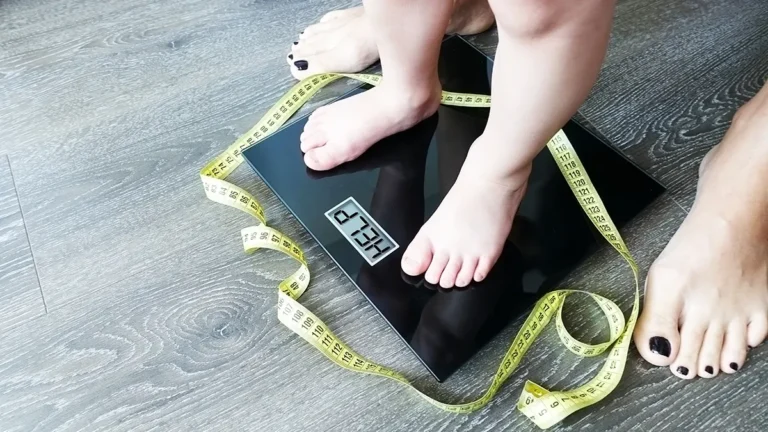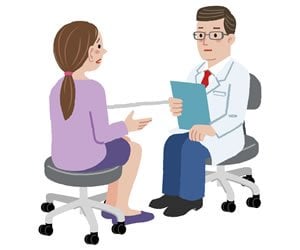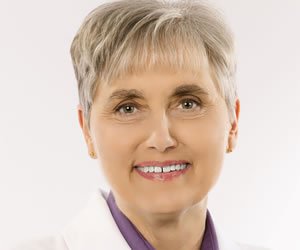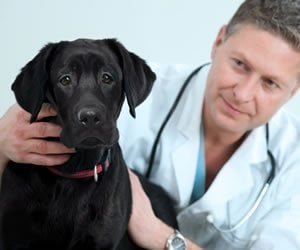
Medical
Reposted from here with permission. As I sat in my institution’s white coat ceremony this past fall, I listened to our dean describe the process of selecting the newest batch of future doctors. I’m an MD/PhD student, ... Read more
Amanda King
Updated June 14, 2019 by Amanda King

MCAT
MCAT History Back in the olden days (like prior to 2007), the MCAT was only offered a few times a year, and test-takers took the paper exam with a No. 2 pencil. There was also ... Read more
Linda Abraham
Updated June 26, 2022 by Linda Abraham

Finding a Job
Make sure to check out Part I here! Today’s article takes a closer look at several key terms in employment contracts that can have a significant impact on a new physician – compensation methods, incentive ... Read more
Jennifer Colagiovanni
Updated June 26, 2022 by Jennifer Colagiovanni

Healthcare News and Policy
Junior doctors [and residents in the US] do a valuable and sometimes life-saving job for patients. They are the future in medicine and can bring enthusiasm and fresh ideas into the profession. Despite the importance ... Read more
Anne Caler
Updated June 26, 2022 by Anne Caler

Pre-Medical
It wasn’t so very long ago that the typical medical student went straight from high school to a premedical program and then onto medical schools itself. This traditional pathway, however, is not so traditional anymore. ... Read more
Brian Wu
Updated June 26, 2022 by Brian Wu

Pre-Health
Coming Prepared Everyone has a point in their lives where this happens, whether it’s high school or your second year in med school. It always starts with an elbow bump: “Psst, hey do you have ... Read more
Gavin Rapp
Updated June 26, 2022 by Gavin Rapp

Medical
According to the Center for Disease Control, childhood obesity is reaching what some are calling an epidemic proportion in America: nearly two out of every three children under the age of 18 are considered to ... Read more
Brian Wu
Updated July 11, 2022 by Brian Wu

Pre-Health
As an undergrad, one of the reasons you devoted so much time to a research experience was to earn an epic letter of recommendation–one that speaks to your strengths, resilience, character, self-reliance, cultural competencies, ability ... Read more
David Oppenheimer
Updated June 26, 2022 by David Oppenheimer

Residency and The Match
We were in the same class in medical school. It was your typical story. Boy meets girl, girl doesn’t like boy’s buzz cut, they waste a year, eventually end up as anatomy TAs working on ... Read more
Kara Hessel
Updated June 26, 2022 by Kara Hessel

Unmatched
I was in the middle of a fairly busy day on the palliative care ward, so I had to slip away to the quiet stairwell in order to pull up my Match Day result on ... Read more
Romesa
Updated June 26, 2022 by Romesa

Medical
Even student doctors who have not yet completed all of their medical training have probably realized that awkward, difficult or delicate conversations are part and parcel of a physician’s practice, and for a number of ... Read more
Brian Wu
Updated March 16, 2019 by Brian Wu

Pre-Medical
If you are planning to start medical school for the 2017 Fall Semester, it’s already time to start thinking about your application! You will apply using the American Medical College Application Service® (AMCAS®) for your medical ... Read more
AAMC Staff
Updated June 26, 2022 by AAMC Staff

Pre-Medical
Though the emphasis of the medical school application process lies on academic achievement, there are a number of personal qualities that pre-medical students should strive to develop if they wish to become superior physicians. The ... Read more
Anubodh “Sunny” Varshney
Updated June 26, 2022 by Anubodh “Sunny” Varshney

Pre-Health
After coming home from a long day at the library studying for my cardiology exam, I get a phone call from my sister. “Hey,” she said. “Grandmother is in the hospital. Can you come home ... Read more
Madeline Minh
Updated June 26, 2022 by Madeline Minh

Physician Q&A
Neurologist David Perlmutter, Fellow of the American College of Nutrition and member of the American Board of Integrative Holistic Medicine, is an associate professor at the University of Miami Miller School of Medicine. Perlmutter received ... Read more
Juliet Farmer
Updated June 26, 2022 by Juliet Farmer

Pre-Health
Occasionally when I am browsing the online forums on SDN, I come across an unfortunate statement like this: “I studied so hard for my chemistry final and did horrible.” I’ve come across this problem for classes ... Read more
Gavin Rapp
Updated June 26, 2022 by Gavin Rapp

Healthcare News and Policy
What You Should Know is an ongoing series covering a range of informational topics relevant to current and future healthcare professionals. It happens to every medical student sooner or later – the realization that their ... Read more
Brian Wu
Updated June 26, 2022 by Brian Wu

Physician Q&A
Terry Wahls, MD, is a clinical professor of medicine at the University of Iowa, where she teaches internal medicine residents, sees patients in the traumatic brain injury clinic and conducts clinical trials. In addition, she’s ... Read more
Juliet Farmer
Updated June 26, 2022 by Juliet Farmer

Veterinary Medicine
Joseph Kinnarney, DMV came to this year’s UC Davis Pre-Health Conference with one goal in mind: to “encourage great new minds to go into the veterinary profession”. With a keynote presentation entitled “Helping Animals and ... Read more
Suzanne Barston
Updated March 16, 2019 by Suzanne Barston


















